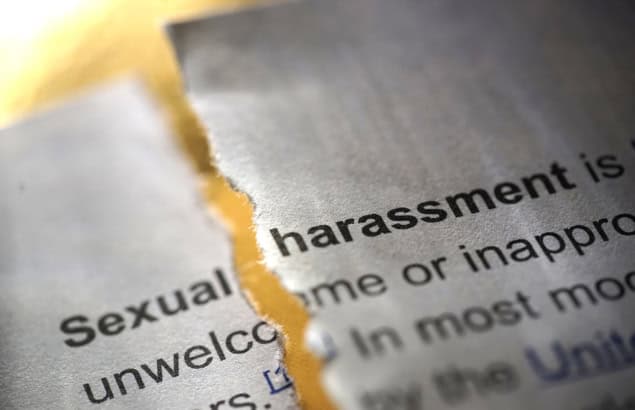
Scientists who have been publicly accused of sexual misconduct see a significant and immediate decrease in the rate at which their work is cited, according to a study by behavioural scientists in the US. However, researchers who are publicly accused of scientific misconduct are found not to suffer the same drop in citations (PLOS One 20 e0317736). Despite its flaws, citation rates are often seen a marker of impact and quality.
The study was carried by a team led by Giulia Maimone from the University of California, Los Angeles, who collected data from the Web of Science covering 31,941 scientific publications across 18 disciplines. They then analysed the citation rates for 5888 papers authored by 30 researchers accused of either sexual or scientific misconduct, the latter including data fabrication, falsification and plagiarism.
Maimone told Physics World that they used strict selection criteria to ensure that the two groups of academics were comparable and that the accusations against them were public. This meant her team only used scholars whose misconduct allegations have been reported in the media and had “detailed accounts of the allegations online”.
Maimone’s team concluded that papers by scientists accused of sexual misconduct experienced a significant drop in citations in the three years after allegations become public compared with a “control” group of academics of a similar professional standing. Those accused of scientific fraud, meanwhile, saw no statistically significant change in the citation rates of their papers.
Further work
To further explore attitudes towards sexual and scientific misconduct, the researchers surveyed 231 non-academics and 240 academics. The non-academics considered sexual misconduct more reprehensible than scientific misconduct and more deserving of punishment, while academics claimed that they would more likely continue to cite researchers accused of sexual misconduct as compared to scientific misconduct. “Exactly the opposite of what we observe in the real data,” adds Maimone. Breaking the silence
According to the researchers, there are two possible explanations for this discrepancy. One is that academics, according to Maimone, “overestimate their ability to disentangle the scientists from the science”. Another is that scientists are aware that they would not cite sexual harassers, but they are unwilling to admit it because they feel they should take a harsher professional approach towards scientific misconduct.
Maimone says they would now like to explore the longer-term consequences of misconduct as well as the psychological mechanisms behind the citation drop for those accused of sexual misconduct. “Do [academics] simply want to distance themselves from these allegations or are they actively trying to punish these scholars?” she asks.




